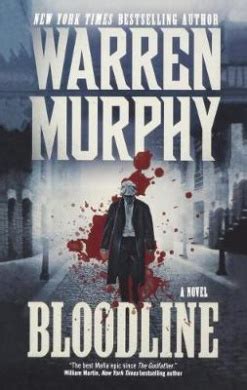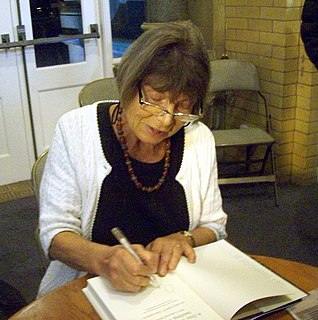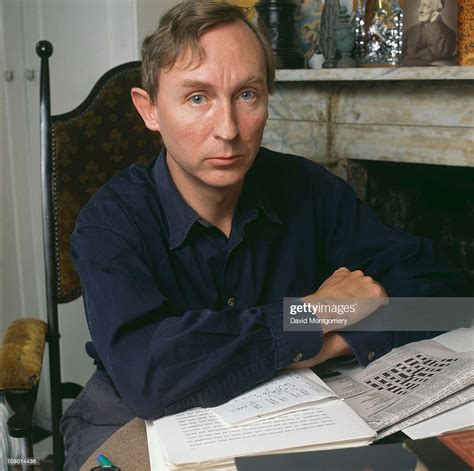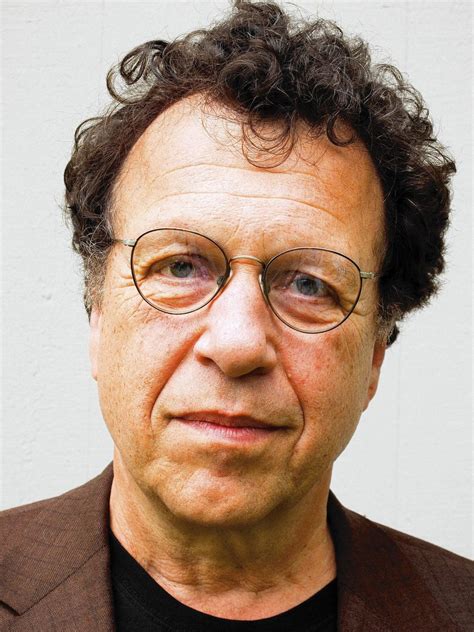A Quote by Warren Murphy
Books are savaged and careers destroyed by surly snots who write anonymous reviews and publishers can't be bothered to protest this institutionalized corruption.
Related Quotes
I am big supporter of the idea of a global anti-corruption movement - but one that begins by recognizing that the architecture of corruption is different in different countries. The corruption we suffer is not the same as the corruption that debilitates Africa. But it is both corruption, and both need to be eliminated if the faith in democracy is not going to be destroyed.
The Arab world is full of corruption, in the time of the dictatorships and in the time of anarchy. This corruption is not only in politics and the economy, but also in the field of creative activity. There's an elite that controls the festivals, the newspapers, and the reviews. They are just a corrupt clique with no interest in creativity.
Teachers and librarians can be the most effective advocates for diversifying children's and young adult books. When I speak to publishers, they're going to expect me to say that I would love to see more books by Native American authors and African-American authors and Arab-American authors. But when a teacher or librarian says this to publishers, it can have a profound effect.































